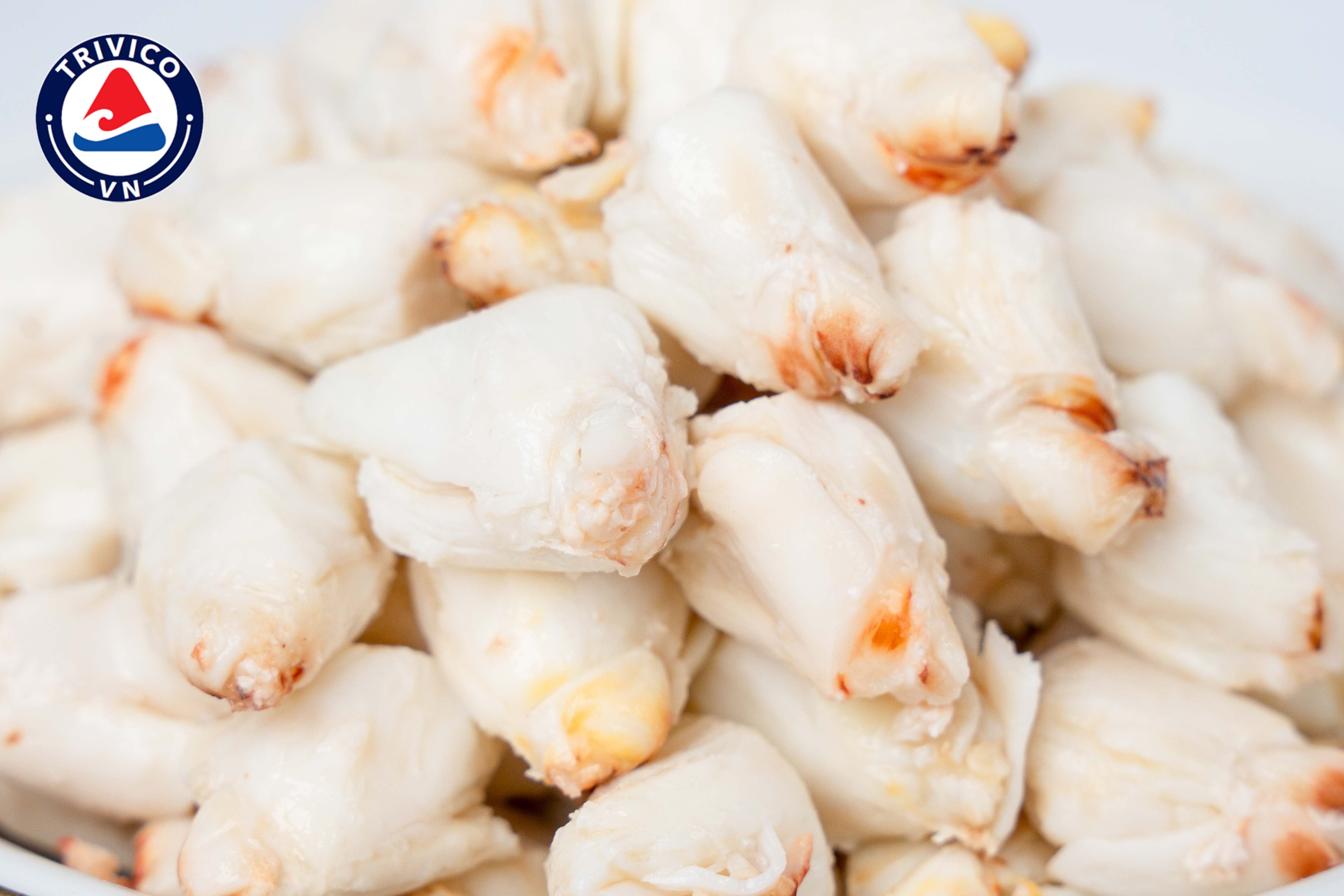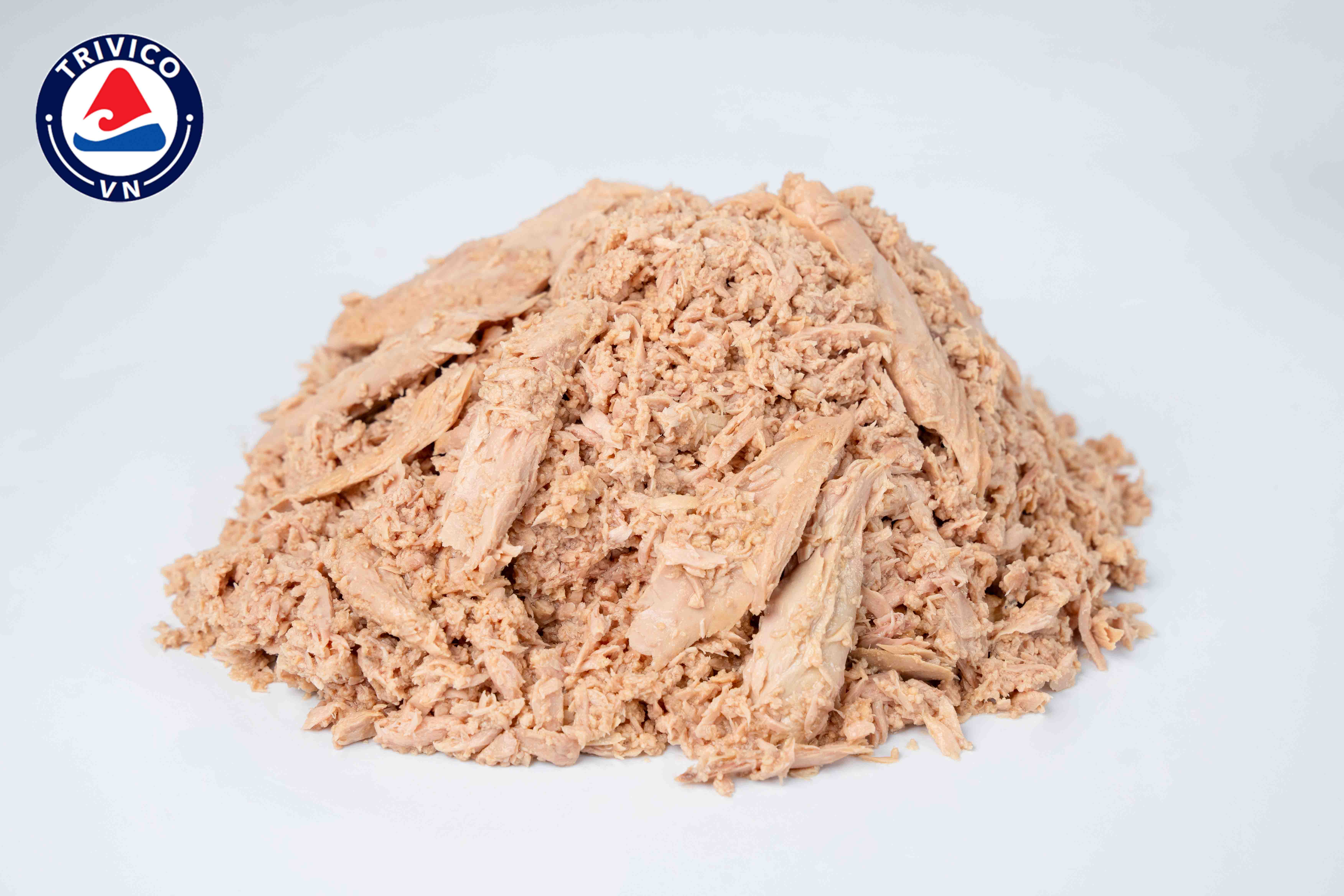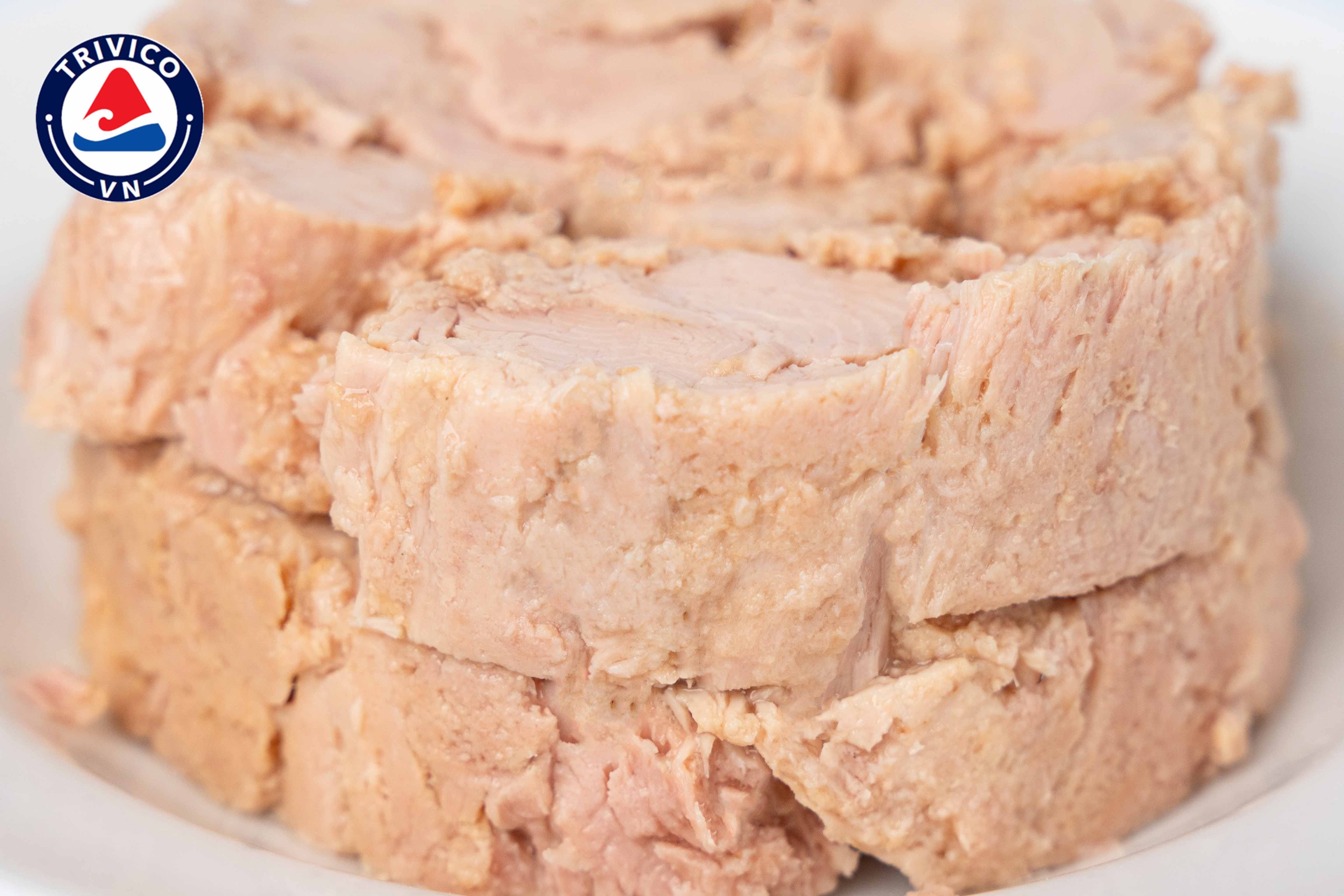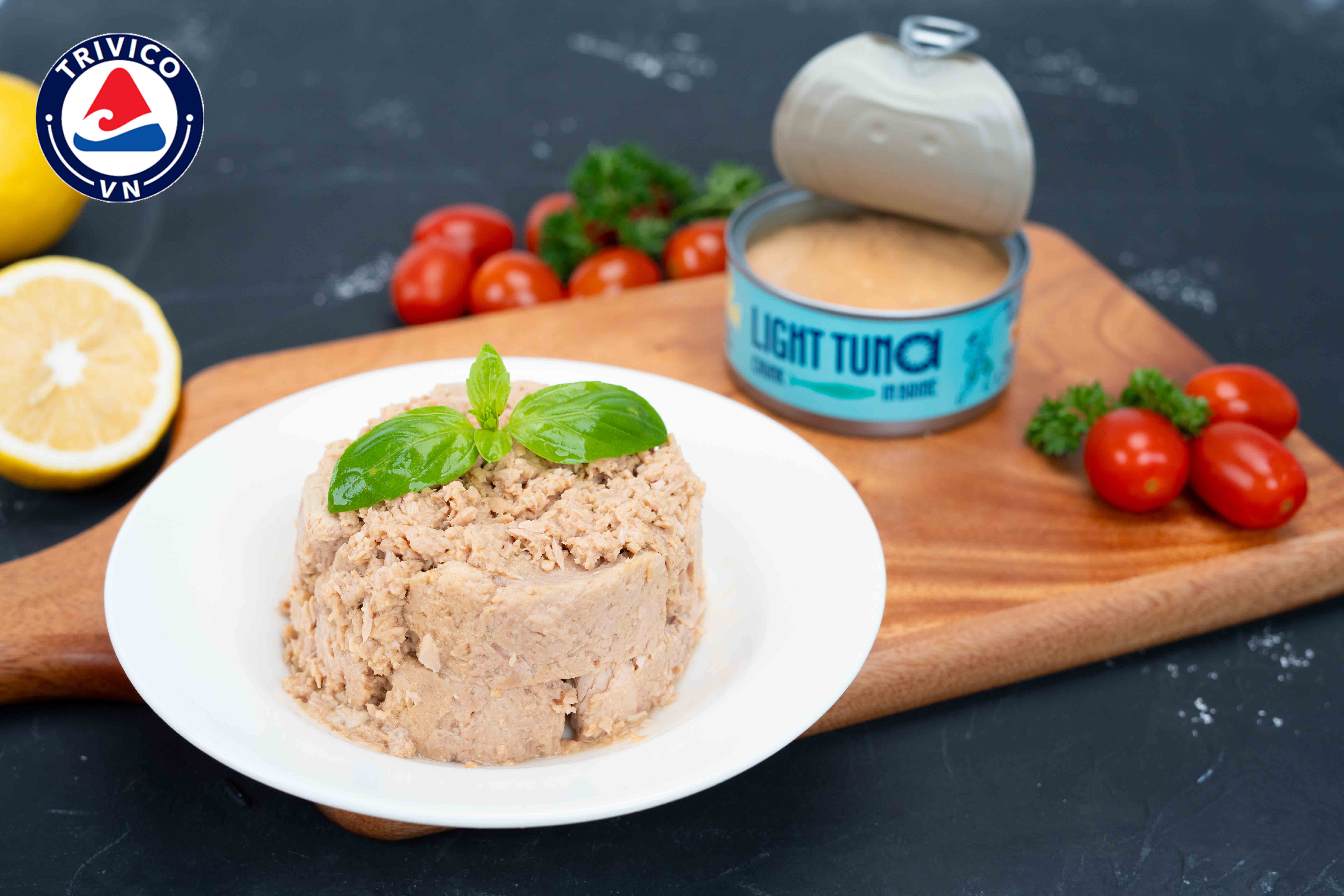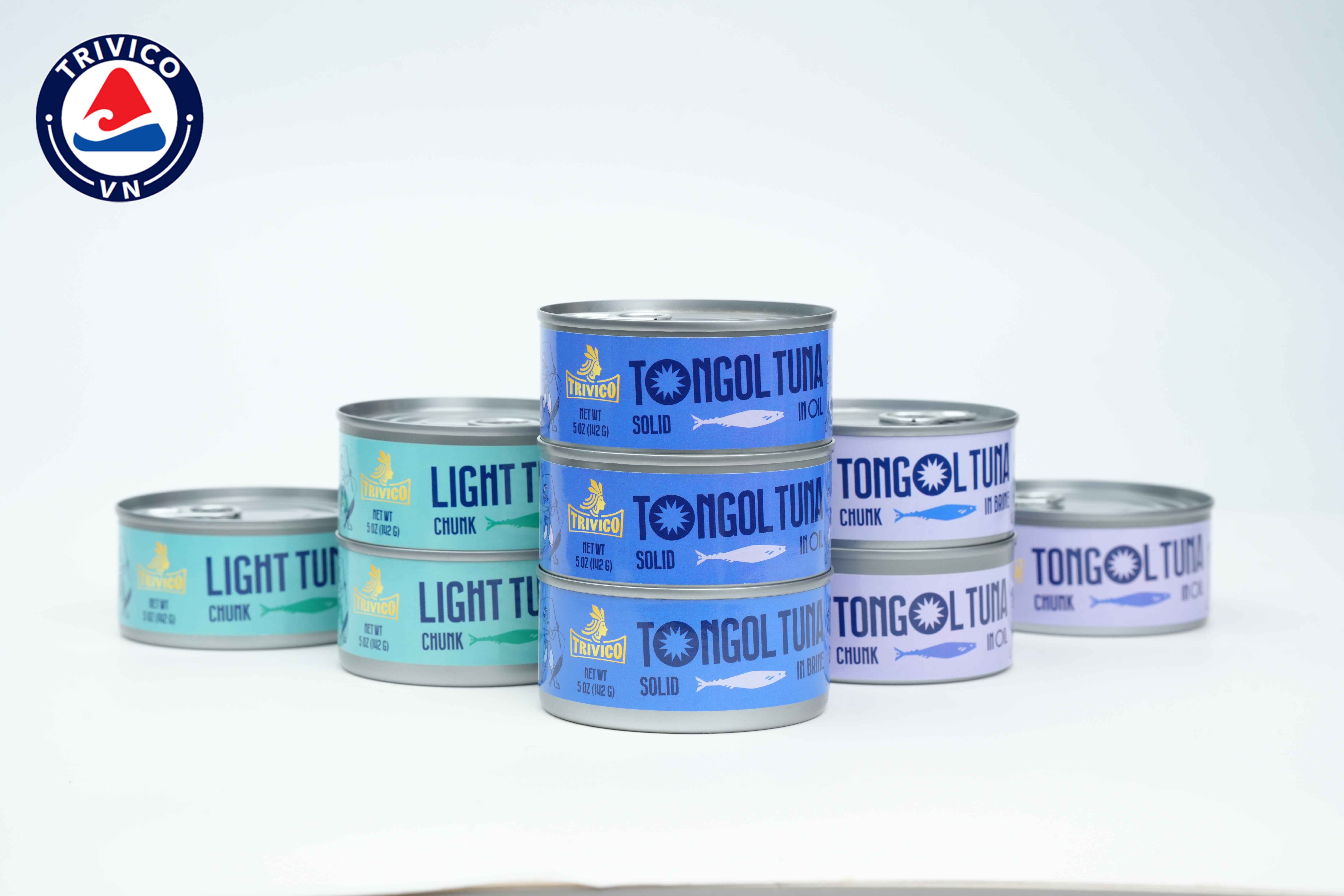
News
 Trinityvietnam
Trinityvietnam
 16:32 - 08/09/2025
16:32 - 08/09/2025
Vietnam’s Tuna: Opportunities and Challenges in the Mexican Market 2025
(vasep.com.vn) Mexico has recently emerged as one of Vietnam’s key tuna import markets. Thanks to tariff preferences under the Comprehensive and Progressive Agreement for Trans-Pacific Partnership (CPTPP) and growing domestic consumption, Vietnam’s tuna exports to Mexico have recorded impressive growth. However, this also comes with new challenges relating to competition, sustainability, and changing import policies that businesses must pay close attention to.

Opportunities from CPTPP and Rising Demand
Mexico is currently Vietnam’s 12th largest tuna import market. According to data from Vietnam Customs, tuna exports to this market reached nearly USD 12 million in the first seven months of 2024, down 8% year-on-year. After declining in the first four months, exports to Mexico have shown signs of recovery and rapid growth.
One of the main drivers is tariff preferences from CPTPP. Under the agreement, many frozen and processed tuna products from Vietnam enjoy full import tariff exemptions (previously up to 20%), creating a significant competitive edge over non-member countries.
At the same time, Mexico’s domestic tuna industry has been affected by the fishing ban imposed by the Inter-American Tropical Tuna Commission (IATTC), leading to reduced domestic supply. This has forced Mexico to increase imports, especially frozen tuna fillets from Asia, including Vietnam.
Mexican Consumers Favor Convenience
A key feature of the Mexican market is its strong preference for ready-to-use products. Consumers favor cleaned and portioned tuna fillets, small-pack products that are easy to prepare and convenient to purchase at supermarkets and convenience stores. This creates a major opportunity for Vietnamese exporters to develop product lines tailored to modern retail channels.
However, Mexico also frequently applies price-stabilization policies to curb inflation, including temporary tariff exemptions on certain canned tuna products. These measures sometimes reduce the advantages Vietnam gains under CPTPP, requiring exporters to closely monitor policy changes and adopt flexible strategies.
Sustainability and Transparency Requirements
Like many other markets, Mexico is placing increasing emphasis on sustainability and traceability. Certifications such as MSC, “dolphin-safe,” and proof of non-IUU (illegal, unreported, unregulated) fishing are becoming essential for access to supermarket shelves.
This poses a considerable challenge for Vietnamese companies, as obtaining sustainability certifications involves significant costs and complex procedures. However, meeting these requirements could be the key to deeper penetration into Mexico’s modern retail sector.
Market Outlook
With tariff advantages, rising domestic demand, and favorable consumer trends, Mexico is set to remain a promising market for Vietnamese tuna in the years ahead. Nonetheless, competition from other suppliers, the growing demand for transparent sourcing, and import policy risks remain challenges that cannot be overlooked.
In the context of a volatile global market, Mexico is forecast to be a bright spot for Vietnam’s tuna exports—provided that exporters seize the opportunities and prepare well for increasingly stringent standards.










